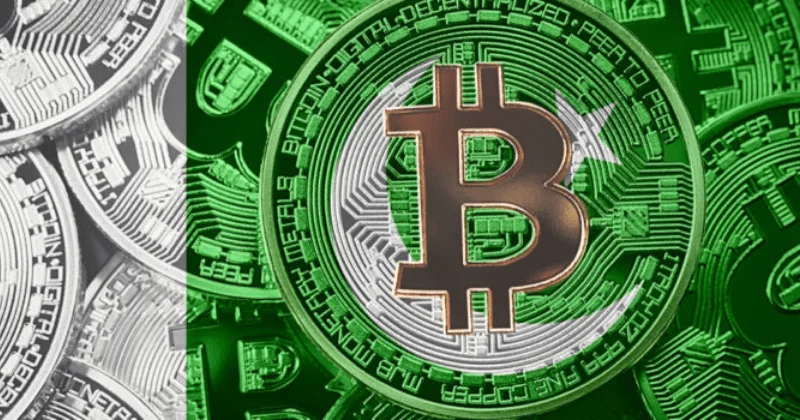According to reports, the State Bank of Pakistan (SBP) and some Pakistani agencies consider cryptocurrencies like Bitcoin (BTC) illegal and should not be used for any form of transaction but rather banned.

According to reports, the Sindh High Court held a hearing on the legal status of cryptocurrencies in Pakistan, during which multiple Pakistani agencies, including the SBP, presented a paper to the court saying that cryptocurrencies like Bitcoin (BTC) are illegal and cannot be used for commerce.
According to local news program Samaa TV, the paper listed at least 11 countries that have banned cryptocurrency, including China and Saudi Arabia. According to reports, the Pakistani central bank urged the court to not only prohibit cryptocurrency activities but also to penalize cryptocurrency exchanges.
The SBP also mentioned various Federal Investigation Agency (FIA) investigations into crypto exchanges, citing investor protection issues as well as money laundering and terrorism concerns.
The FIA launched a criminal investigation into Binance, the world’s largest crypto exchange, in early January, alleging a probable connection to a multi-million-dollar crypto scam in the region, as previously reported.
Despite the SBP’s recommendation for a blanket ban on cryptocurrency, the Sindh High Court has not yet issued an order prohibiting cryptocurrency transactions in Pakistan.
Instead, the court has directed that the bank’s appeal be referred to the finance and law ministries, which will make a final decision on the legal status of cryptocurrencies in the country and determine if a crypto ban is constitutional.
The announcement comes years after the SBP first prohibited dealing in digital currencies and tokens in April 2018. The central bank claimed at the time that cryptocurrencies like Bitcoin and initial coin offerings were not legal money since they were not “issued or guaranteed by the government of Pakistan.”
The Pakistani government’s current moves parallel similar developments in several other nations, including India and Russia, where central banks are attempting to outlaw cryptocurrency while other portions of the government are not.
In 2020, India’s central bank was forced to suspend its ban on banks working with crypto-related enterprises in response to a Supreme Court judgment.
